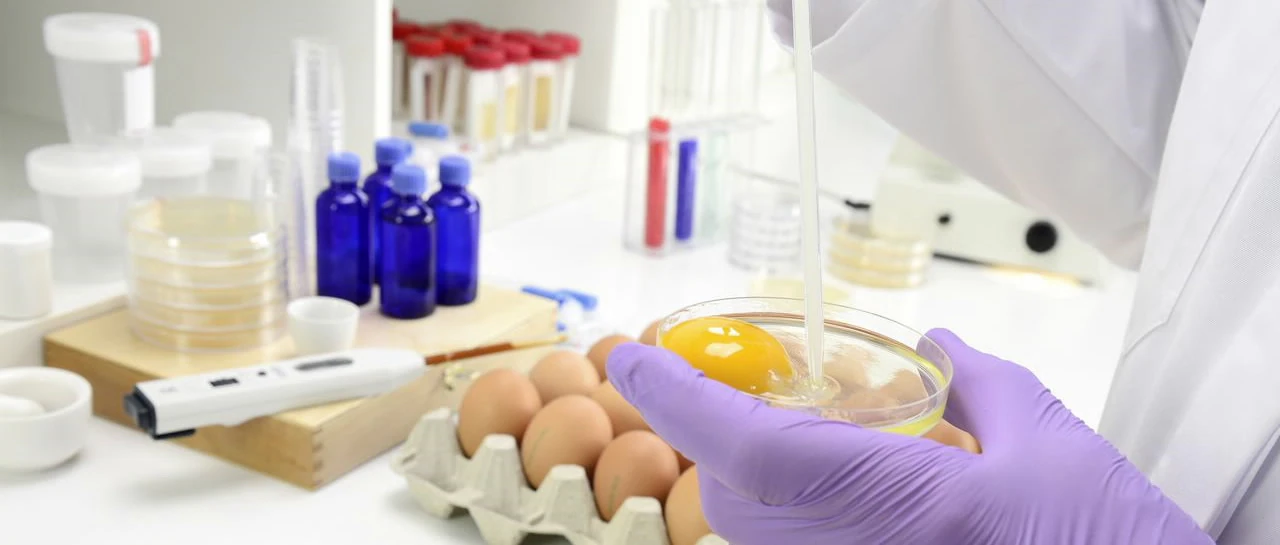EN 19024 Artificial Sweetener Testing in Energy Drinks
The European Standard EN 19024 provides a robust framework for analyzing artificial sweeteners in energy drinks. This standard is particularly relevant as the demand for low-calorie beverages continues to grow, driven by health-conscious consumers and regulatory pressures. The testing procedure outlined in this standard ensures accurate quantification of artificial sweeteners such as aspartame, sucralose, and stevia.
The process begins with thorough sampling of energy drinks. Samples are collected under controlled conditions to ensure they represent the product accurately. Once collected, samples undergo initial processing steps that may include dilution or concentration based on the artificial sweetener content expected in the sample. Proper specimen preparation is crucial as it directly impacts the accuracy and reliability of the test results.
For accurate analysis, specialized laboratory instrumentation such as high-performance liquid chromatography (HPLC) with diode array detection is used. This method allows for precise quantification by separating different components within the sample. The process involves several steps: injection of the prepared sample into the HPLC column, separation based on chemical properties, and subsequent detection using a diode array detector.
The standard specifies detailed acceptance criteria to ensure that results are reliable and reproducible. These acceptance criteria include specific limits for quantification errors and precision requirements. Compliance with these criteria is essential for ensuring the integrity of test results. A typical result might show aspartame levels falling within a specified range, which would be reported alongside other relevant parameters.
Understanding the scope of EN 19024 is critical for manufacturers aiming to meet regulatory requirements and maintain product quality. Non-compliance can lead to penalties or recalls, affecting brand reputation and market position. Therefore, adherence to this standard ensures that energy drinks are safe, effective, and legally compliant.
- Sample Preparation: Dilution or concentration based on expected sweetener content
- Instrumentation: HPLC with diode array detection
- Acceptance Criteria: Limits for quantification errors and precision requirements
Benefits
The implementation of EN 19024 Artificial Sweetener Testing in energy drinks brings numerous benefits to manufacturers, quality managers, compliance officers, and R&D engineers. Firstly, it enhances product safety by ensuring that artificial sweeteners are correctly identified and quantified. This is crucial for maintaining the health and well-being of consumers who rely on these products.
Secondly, compliance with this standard improves brand reputation and consumer trust. Consumers increasingly demand transparency about ingredients in their food and beverages. By adhering to EN 19024, manufacturers demonstrate a commitment to quality and safety, which can significantly enhance market credibility.
Thirdly, the testing process helps identify potential discrepancies or issues early on, allowing for corrective actions before they escalate into larger problems. This proactive approach not only saves costs but also ensures ongoing product reliability.
In addition, this standard supports regulatory compliance, ensuring that all products meet legal requirements and industry standards. For R&D teams, it provides a consistent method to evaluate new formulations or process improvements, facilitating innovation within the constraints of established protocols.
Why Choose This Test
Choosing EN 19024 Artificial Sweetener Testing in energy drinks is advantageous for several reasons. Firstly, it ensures accurate and reliable quantification of artificial sweeteners, which is essential for maintaining product quality and consistency.
Secondly, this testing method supports regulatory compliance with international standards such as EN 19024. Compliance is not only a legal requirement but also a strategic decision that helps protect brand reputation and market share.
Thirdly, the rigorous nature of this test identifies potential issues early in the production process, allowing for timely corrections. This proactive approach minimizes risks associated with non-compliance or substandard products.
Moreover, by choosing this test, manufacturers can enhance their position in a competitive market by providing transparent and reliable product information to consumers. Transparency fosters trust and loyalty among customers, which is vital in today’s highly regulated environment.
Quality and Reliability Assurance
- Data Accuracy: Ensures precise quantification of artificial sweeteners
- Reproducibility: Maintains consistent results across multiple tests
- Compliance: Aligns with international standards for safety and efficacy
The quality and reliability assurance measures in EN 19024 are comprehensive. Data accuracy is paramount, as precise quantification of artificial sweeteners ensures that products meet specified levels required by regulation or customer expectations. Reproducibility guarantees consistent results across multiple tests, which is crucial for maintaining product consistency and reliability.
Compliance with international standards such as EN 19024 adds credibility to the testing process. It assures both manufacturers and consumers that products adhere to strict safety and efficacy guidelines. This compliance also helps in avoiding potential legal issues related to non-compliance, thereby protecting brand integrity.
The standard’s focus on data accuracy and reproducibility contributes significantly to maintaining high-quality standards throughout the production process. By adhering to these stringent measures, manufacturers can ensure that their products are safe, effective, and meet all necessary regulatory requirements.





